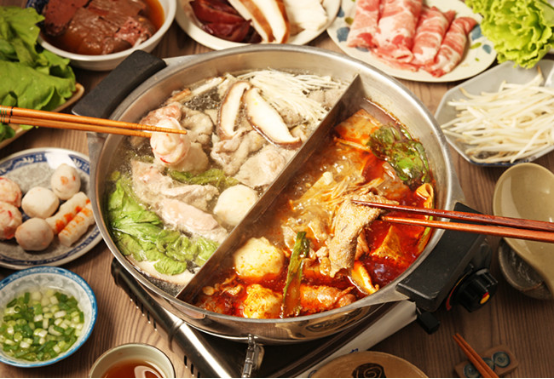Cold weather can easily induce respiratory and cardiovascular diseases and aggravation of chronic underlying diseases. In addition, with the arrival of the New Year's Day and Spring Festival travel peak season, population movement and community interaction are enhanced, resulting in an increased risk of acute respiratory infectious diseases and the aggravation of the co-epidemic of multiple respiratory diseases. The elderly, people with cardio-cerebrovascular and respiratory diseases, and those with other chronic conditions should take special care and take appropriate measures to protect their health.
General health protection
(1) Pay attention to the weather forecast and wear appropriate clothing;
(2) ensuring the safety of heating gas and maintaining indoor ventilation to prevent carbon monoxide poisoning;
(3) infants, children, pregnant women and the elderly should reduce their outdoor activities during the season with high incidence of respiratory diseases;
(4) In case of emergency, outdoor workers should stop working and enter a warm place as soon as possible;
(5) keep a balanced diet, moderate exercise, adequate rest, quit smoking and limit drinking, and avoid excessive life pressure;
(6) seek medical advice in time if you feel unwell.
Prevention of respiratory infectious diseases
(1) Vaccination
Influenza vaccination is recommended for all persons aged 6 months and above except those who are contraindicated. People at high risk of influenza and its complications, including the elderly and children, should get vaccinated as soon as possible.
Patients co-infected with influenza and COVID-19 are more likely to have severe complications and death. In addition to influenza vaccination, the elderly, especially those living in nursing homes for a long time, should receive a booster dose of SARS-CoV-2 vaccine containing XBB variant as soon as possible.
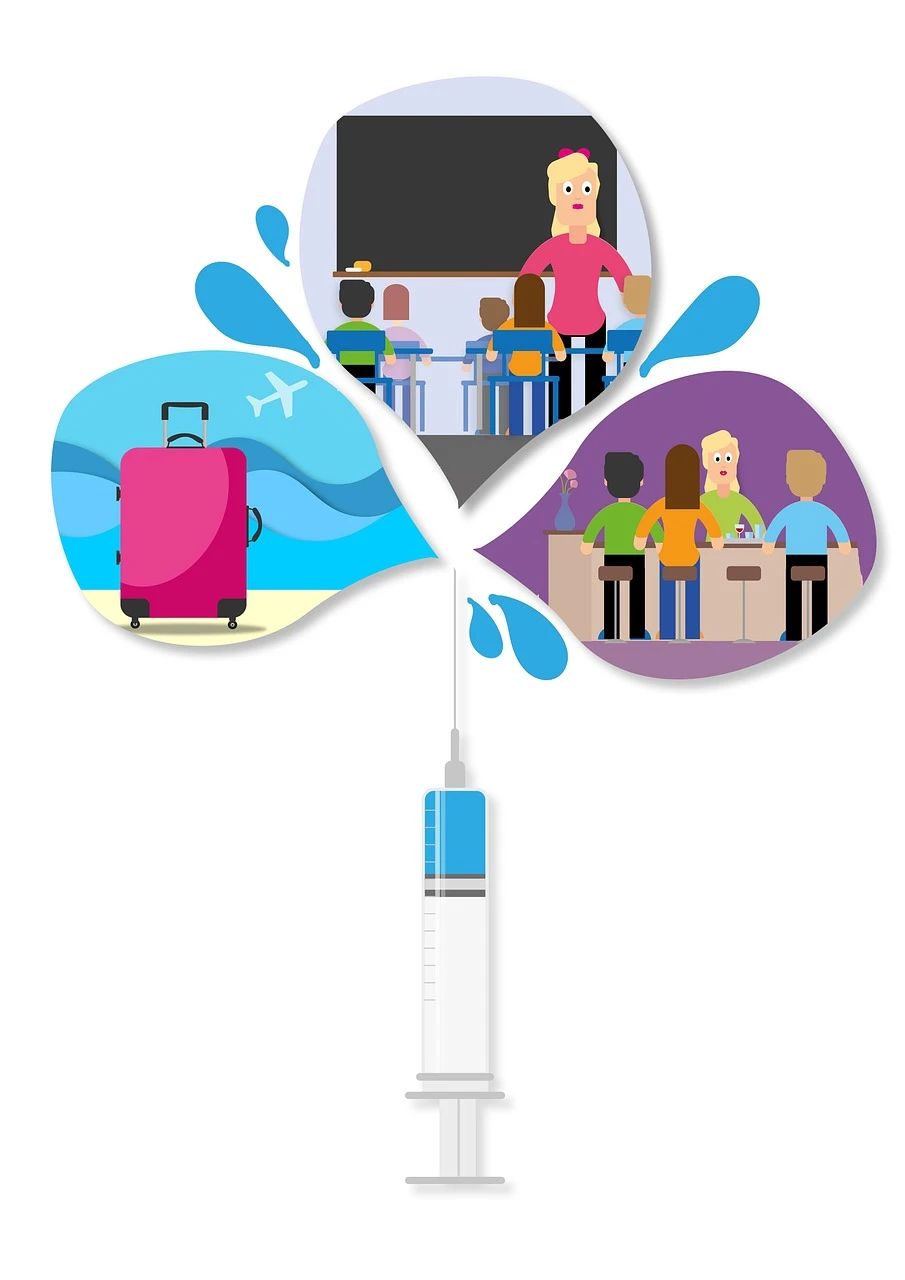
(2) It is very important to wear a mask scientifically, including maintaining hand hygiene before and after wearing a mask. Masks are recommended in the following situations:
1. Fever or respiratory symptoms;
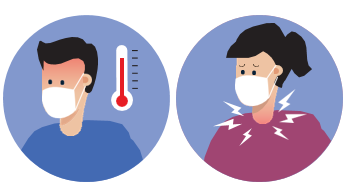
2. When going to high-risk places (such as schools, nursing homes, medical institutions, etc.);
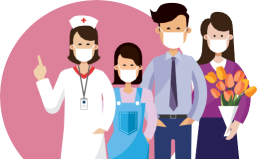
3. When the elderly, pregnant women, immunocompromised or people with serious underlying diseases go to crowded places (such as public transport);
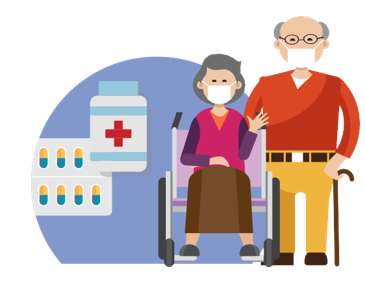
4. Encourage the public to wear masks in crowded places or when in contact with high-risk groups.

(3) avoid touching your eyes, mouth or nose with unclean hands;
(4) Wash hands properly with soap or hand sanitizer and water once they become soiled;
(5) Cover mouth and nose with tissue when sneezing or coughing, dispose used tissue in a covered litter box, and wash hands thoroughly afterwards;
(6) When the symptoms of respiratory infection occur, you should wear a mask to seek medical attention as soon as possible, and avoid going to crowded places.
Prevention of foodborne diseases
Some food-borne diseases, especially those related to eating hot pot, are also common in cold weather. The public should take the following preventive measures:
(1) Wash your hands before handling food and eating;
(2) thoroughly clean and cook all food;
(3) Wash vegetables thoroughly with running water before cooking.
(4) Cook the prawns thoroughly and allow the shell to turn red and the meat to turn white and opaque before eating;
(5) Most hot pot materials should be stored under 4℃ for refrigeration, frozen food should be placed in the refrigerator below -18℃;
(6) Use different chopsticks to grasp raw and cooked food to avoid cross contamination.
